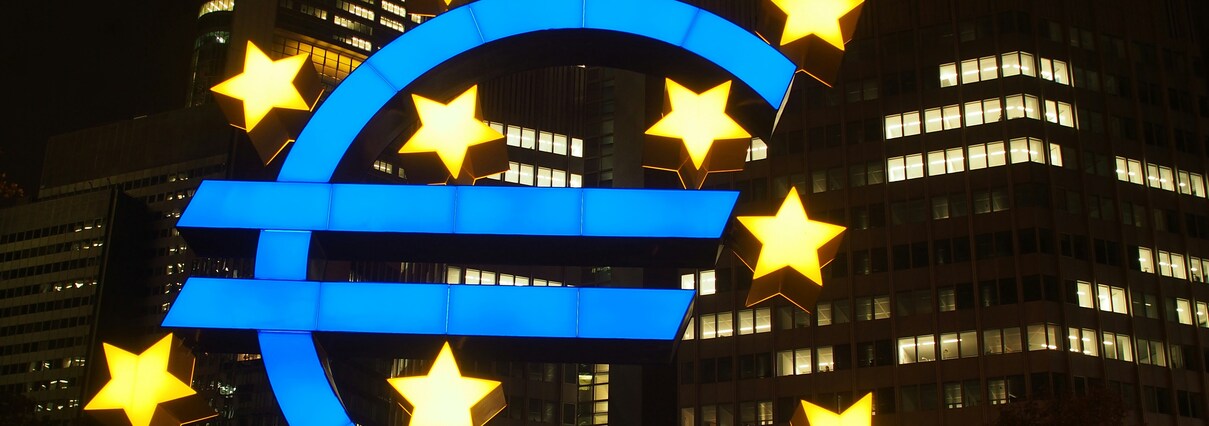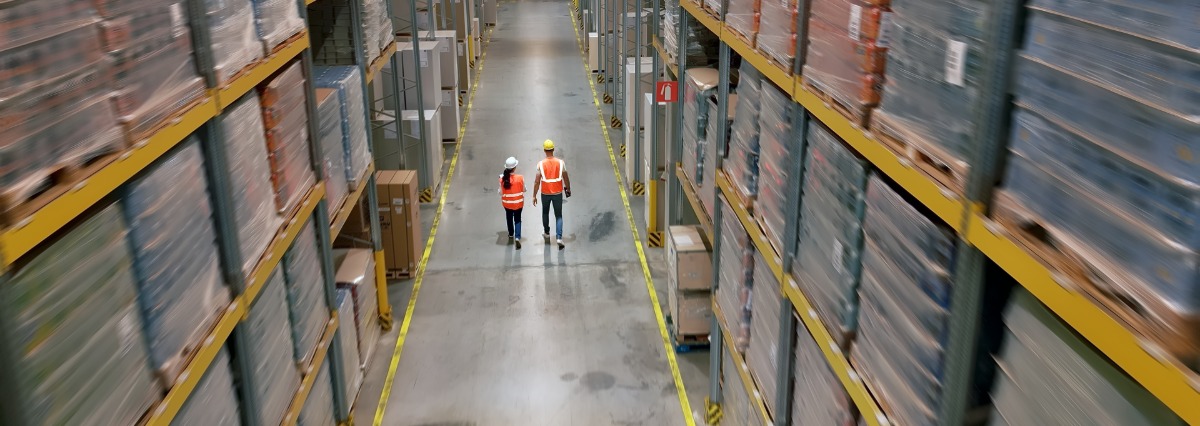The European elections held between 23 and 26 May did not reveal a much stronger populist wave compared to 2014. Eurosceptic parties won +2pp more, but fell short of the blocking minority of 33.33%. The Green party obtained a stronger than expected result. However, the outcome points to a fragmented EU Parliament and at least three parties are needed to form a coalition, for the first time in 40 years, opening up a new political cycle. We think pro-European parties (EPP, S&D, ALDE&R, Greens) will have to cooperate much more closely to avoid a policy standstill in the years to come. The political consensus is likely to prove easier on topics such as purchasing power, social security, defense and climate change, and a bit slower on a common industrial policy and an unemployment insurance scheme. In our view it will be difficult to find a consensus during the next mandate on new free trade agreements as well as further financial and fiscal integration (Capital Markets Union, Common Deposit Insurance Scheme, Eurozone Central Budget) and EU enlargement (read more here). The next steps comprise appointing the EU Commission President and Commissioners, planned to be in office on 1 November.















